New information in the Apple VS. FBI case is emerging showing that Apple was contacted just three days after the shooting and complied with FBI requests as well as search warrants. This brings some clarity into what Apple’s role has been in this case and shows the company has not been holding out as some might have you think. The FBI contacted Apple’s 24 hour emergency phone line just three days after the San Bernardino shootings and Apple complied by providing the materials requested.
On Dec. 5, Apple handed over two parcels of information after receiving legal notice seeking subscriber information (likely iCloud subscriber data, though it’s not specified in Olle’s declaration) attached to three names and nine specific accounts. A day later, Apple received a search warrant for emails, messages and other information associated with three separate accounts. Another request on Dec. 16 sought information related to one name and seven different accounts. Apple was able to provide same-day turnaround on each of the three requests.
As for the iCloud account attached to Farook’s iPhone, Olle states the official search warrant was served on Jan. 22 seeking the same communications and customer information requested in December. Apple complied and on Jan. 26 provided the government with whatever data it had in its possession.
“Throughout the investigation, I and other Apple representatives, including a senior engineer, continually made ourselves available to the government, on a 24/7 basis, participating in teleconferences, providing technical assistance, answering questions from the FBI, and suggesting potential alternatives for the government to attempt to obtain data from the Subject Device,” Olle’s declaration reads.
December 5th is the first contact between Apple and the FBI and Apple complied with all requested data and search warrants. The next day, the smoking gun in this case, the iPhone 5c, had its Apple ID password reset which destroyed any chance of anyone gaining access to the phone without creating a new OS (backdoor) into the phone. Because iOS has a strong encryption method, the FBI needs this new OS to brute-force the device and gain access, and this is the main argument Apple has in this case. Creating a backdoor into one phone means the know how and information will be available and can be duplicated by hackers and even enemy countries. Apple added this statement to its argument.
The government obtained the Order without notice to Apple and without allowing Apple an opportunity to be heard. […] But this was not a case where the government needed to proceed in secret to safeguard its investigation; indeed, Apple understands that the government alerted reporters before filing its ex parte application, and then, immediately after it was signed and confirmed to be on the docket, distributed the application and Order to the public at about the same time it notified Apple. Moreover, this is the only case in counsel’s memory in which an FBI Director has blogged in real-time about pending litigation, suggesting that the government does not believe the data on the phone will yield critical evidence about other suspects.
You can read Apple’s declaration below. What do you think of Apple’s case with the FBI? Let us know in the comments below or on Twitter, Facebook and Google+.
Lisa Olle Declaration in Support
[button link=”http://appleinsider.com/articles/16/02/27/fbi-contacted-apple-received-data-related-to-san-bernardino-case-3-days-after-shooting-” icon=”fa-external-link” side=”left” target=”blank” color=”285b5e” textcolor=”ffffff”]Source: Apple Insider[/button]Last Updated on January 23, 2017.

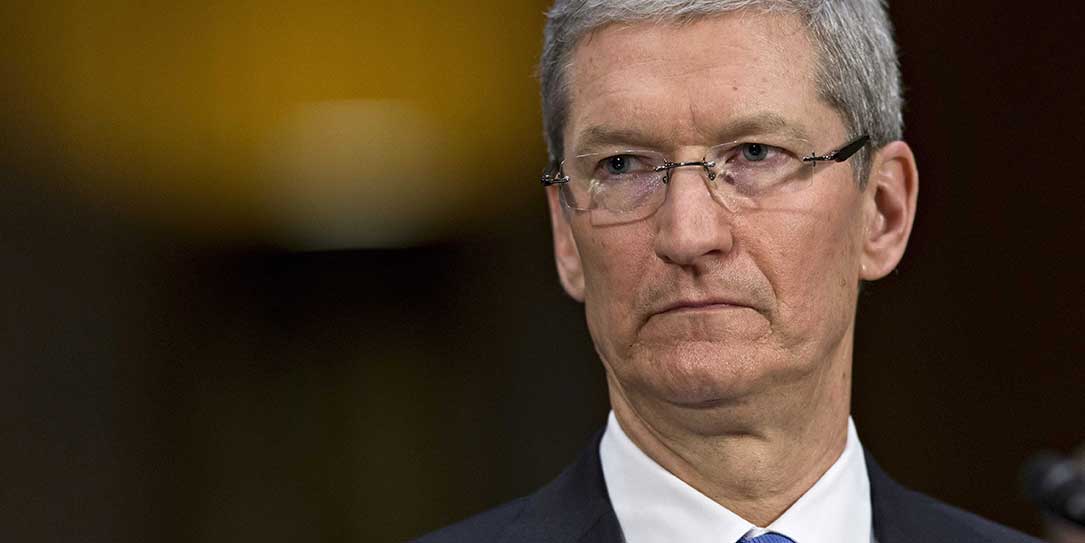
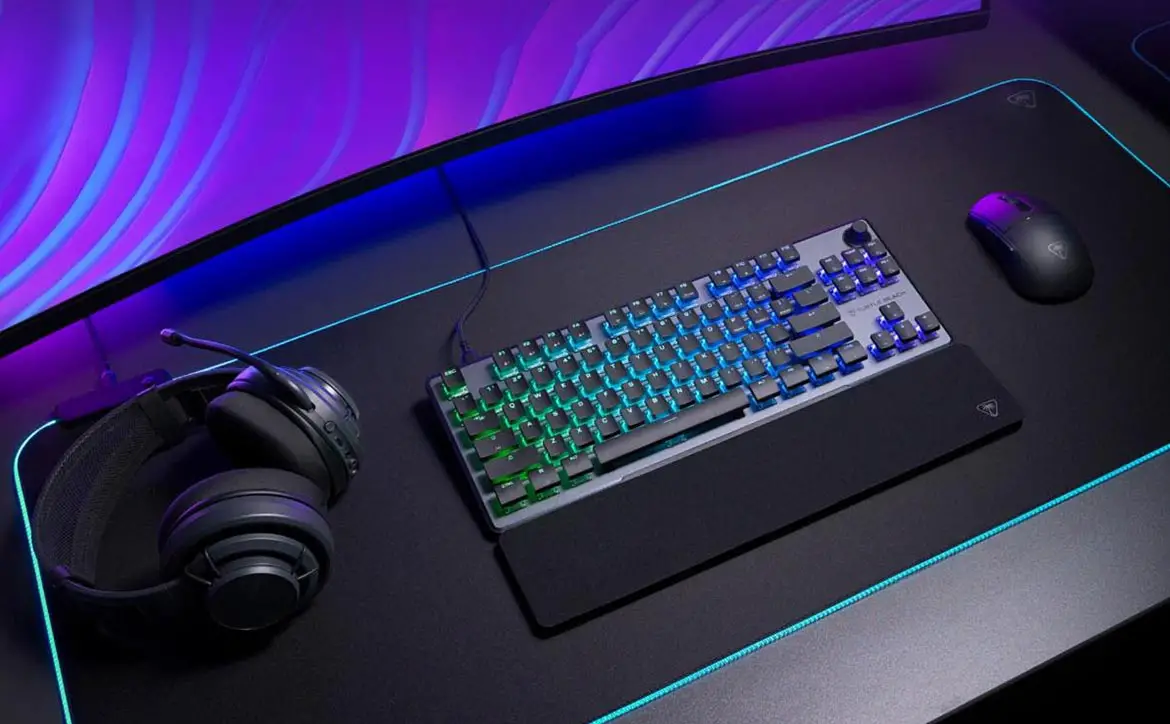
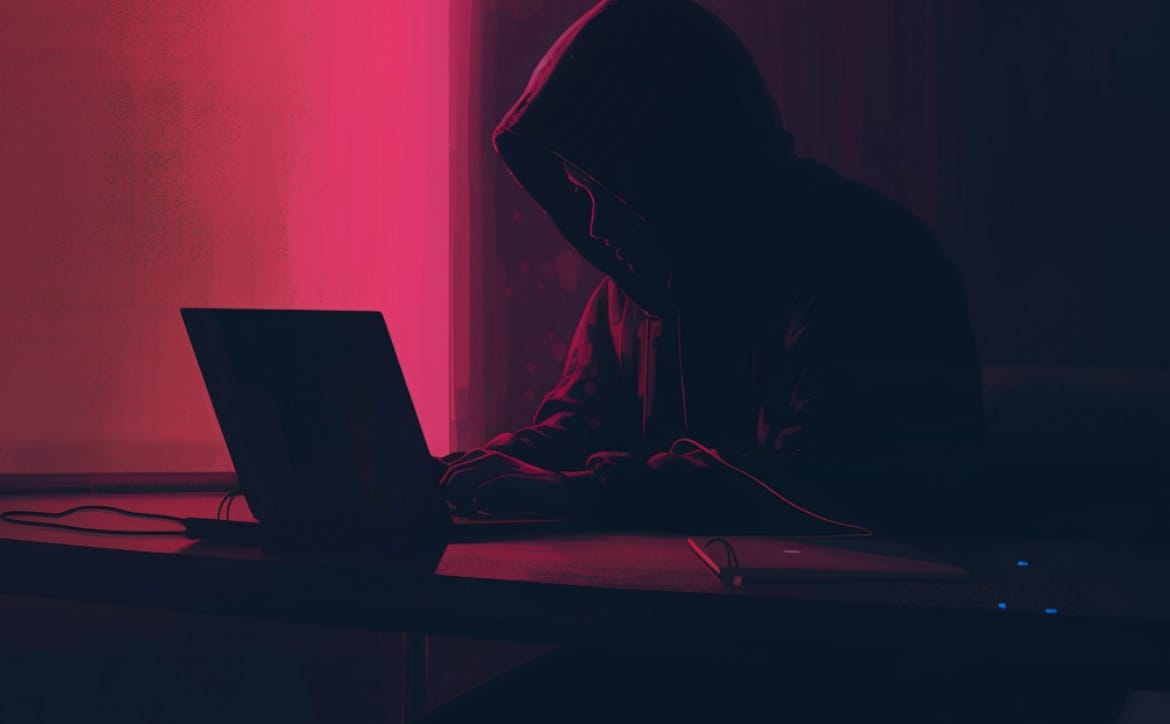

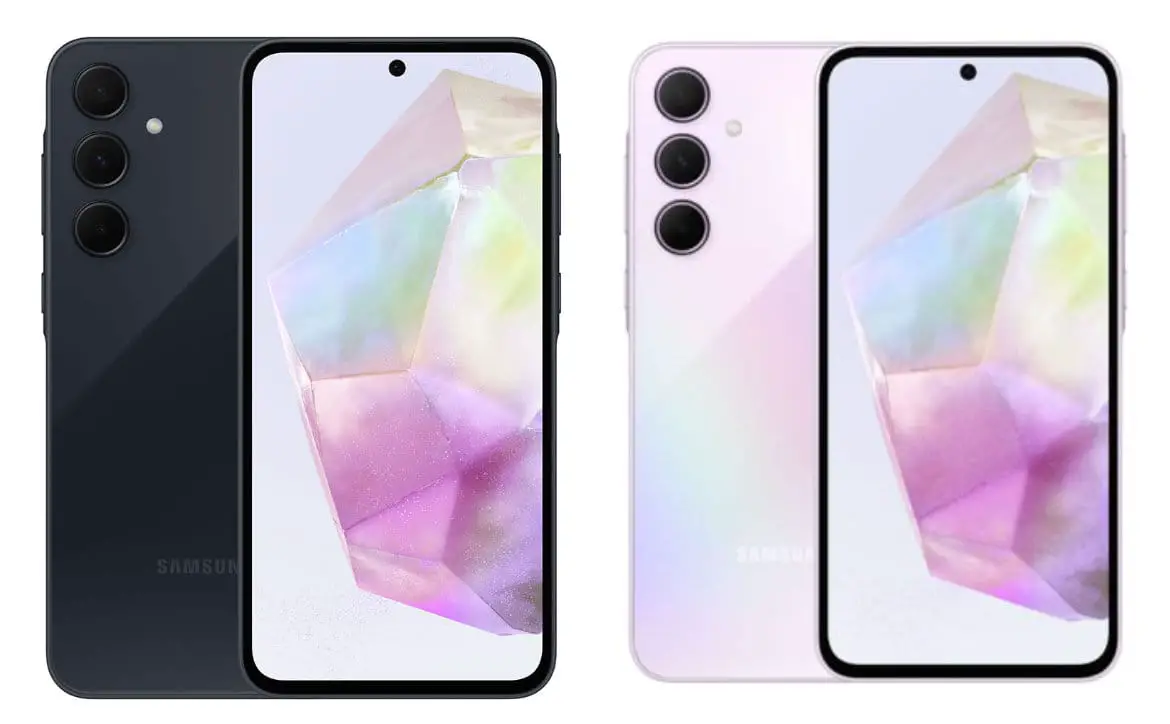
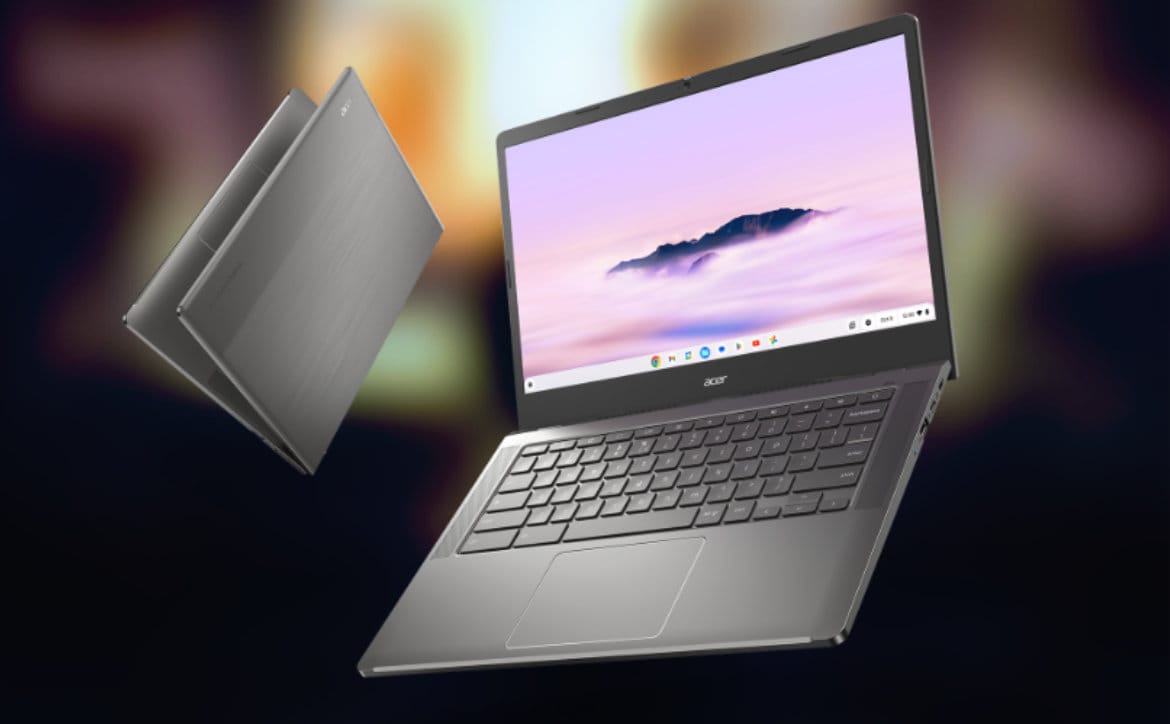


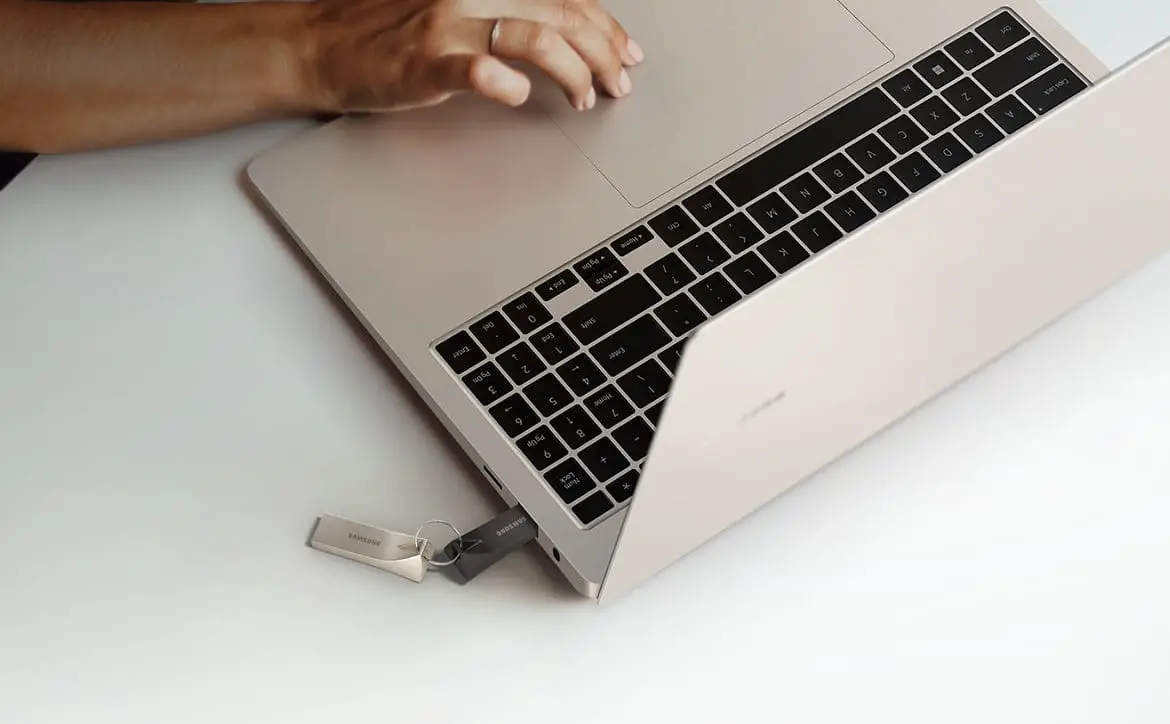

Comments are closed.